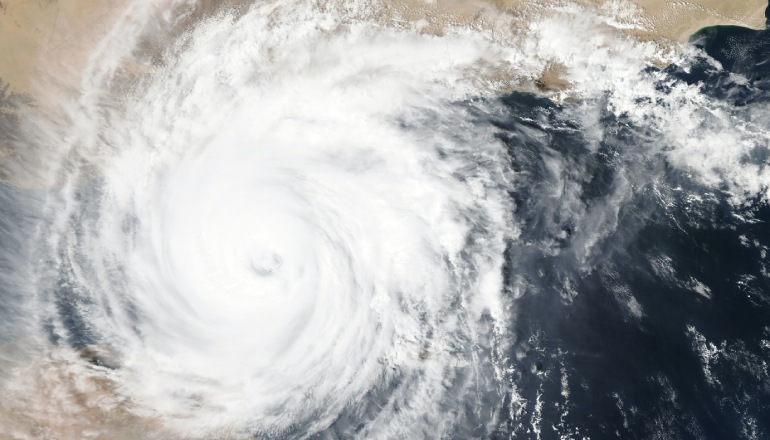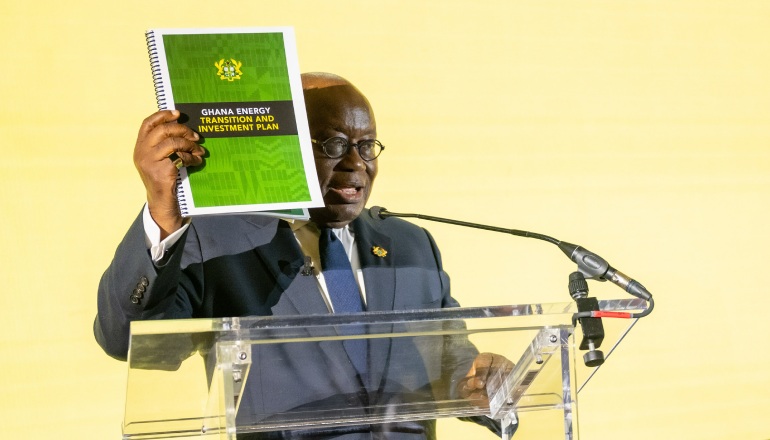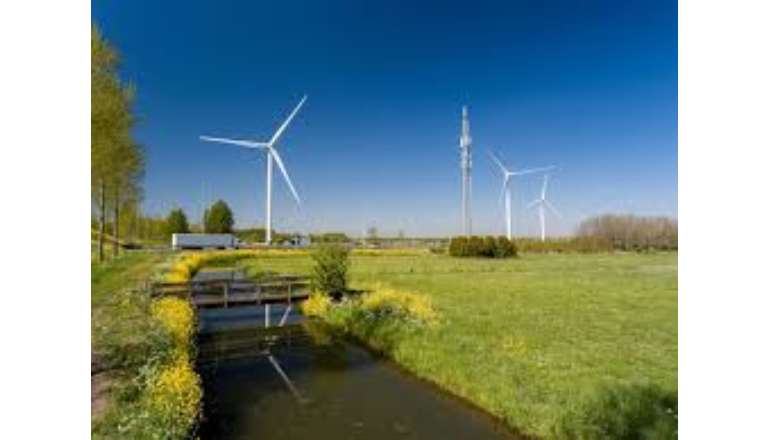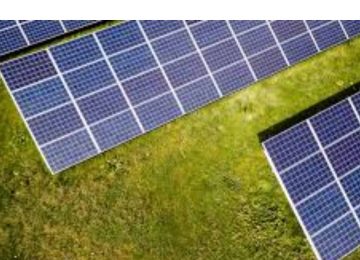Very soon, a common scorecard will monitor the World Bank Group’s financing institutions’ goal to eradicate poverty on a habitable planet. With this, the group is setting an example for its brethren to follow on sustainable finance.
The World Bank Group is developing a new corporate scorecard to track progress across 22 indicators. The bank will utilize the scorecard to gauge its progress toward its new mission and vision, thereby enhancing its focus on impact and accountability.
The initiative is aimed at focusing on improving healthcare, sustainable food systems, and private investment. The endeavor marks a significant turning point in the World Bank Group’s initiatives to prioritize results over inputs. For instance, the bank will highlight the number of people who use financial services rather than the number of people who have access to them. This will motivate action in the direction of outcomes and enable continuous course correction.
The indicators:
The indicators have been carefully chosen after extensive discussion with partners and shareholders. Measuring important outcomes, managing with evidence, and communicating results are the objectives.
1. Millions of beneficiaries of social safety net programs
2. Millions of students supported with better education
3. Millions of people receiving quality health, nutrition, and population services
4. Millions of people benefit from a strengthened capacity to prevent, detect, and respond to health emergencies
5. Countries at high risk or in debt distress that implemented reforms toward debt sustainability
6. Countries with tax revenues to GDP ratio at or below 15% (including social security contributions) that have increased collections, considering equity
7. Net GHG emissions per year
8. Millions of people with enhanced resilience to climate risks
9. Millions of hectares of terrestrial and aquatic areas under enhanced conservation and management
10. Millions of people are provided with water, sanitation, and hygiene, of which (%) is safely managed
11. Millions of people with strengthened food and nutrition security
12. Millions of people benefit from improved access to sustainable transport infrastructure and services
13. Millions of people are provided with access to electricity
14. GW of renewable energy capacity enabled
15. Millions of people using broadband internet
16. Millions of people using digitally enabled services
17. Millions of people benefit from greater gender equality, of which (%) from actions that expand and enable economic opportunities
18. Millions of people and businesses using financial services, of which (%) are women
19. Millions of new or better jobs
– of which (%) for women
– of which (%) for youth
20. Millions of displaced people and people in host communities are provided with services and livelihoods
21. $ billions in total private capital enabled
22. $ billions in total private capital mobilized
Benefits:
The Bank Group will be better equipped to make the best decisions for development if there is a more thorough breakdown of the data, which will also improve the ability to separate results by gender, youth, region, country groups, and other factors.
The new scorecard will be a valuable management tool, providing precise data on the number of individuals who have benefited from our operations. The results will also help guide decisions about future projects and investments.
The World Bank Group will report the first results in the coming months and will have all data ready to share at the 2024 IMF-World Bank Group Annual Meetings. Annual updates will be released from FY24 until FY30.
Executive commitment:
“The new scorecard is a significant step forward in how we will measure results and be accountable for the outcomes,” said Anna Bjerde, Managing Director of operations, World Bank. “It’s a real game changer, providing a new guidepost that our teams can rally around, and provides full visibility on how well we are tackling the most difficult challenges like poverty, climate change, fragility, and food insecurity.”










